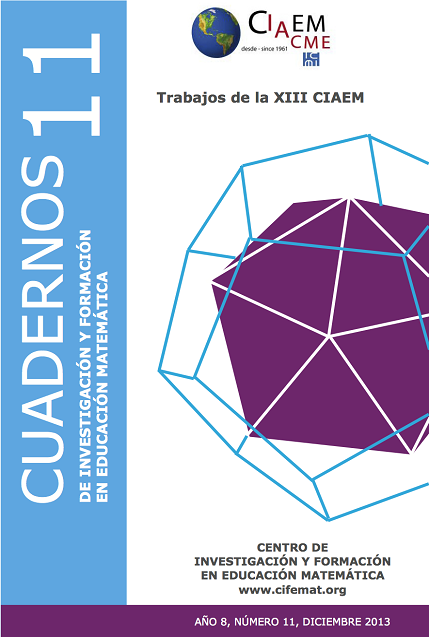Abstract
In order to analyze the processes of comprehension underlying any mathematical activity we must start from the epistemological and cognitive characteristics that are specific to mathematics. The mathematical activity is based on transformation of semiotic representations in other semiotic representations. Solving problem in a mathematical way always requires mobilizing, explicitly or implicitly, two registers of semiotic representation. We can then observe the various kinds of threshold of comprehension that block many students at different levels of the curriculum.
Firstly there are two kinds of transformations of semiotic representations that are quite different sources of difficulties. But one ignores or rejects the one that requires shifting the register within a representation is produced for two reasons. Either because only one kind of transformation is important from a mathematical point of view, or because one believes that a multirepresentation, now obvious with computers, removes any difficulty of the representation conversion, as it is the case in other fields of knowledge. Secondly, for understanding when one learns mathematics one needs first to recognize and not to justify. The ability to solve problems, to explore them in a mathematical way, to anticipate possible treatments, to check by oneself the validity of a procedure is basically the ability to recognize the same object in two different representations or different objects in almost similar representations. This ability requires a coordination of various registers separated by cognitive gaps. The conceptualization in mathematics emerges only from this coordination.
We take several examples to give an insight both of the specific problems of comprehension in learning mathematics and of the cognitive way of analyzing them. And we highlight the need of an explicit and global cognitive approach in mathematics education so that learning mathematics means for all students to develop their ability to think, to see, to imagine and to organize information.


